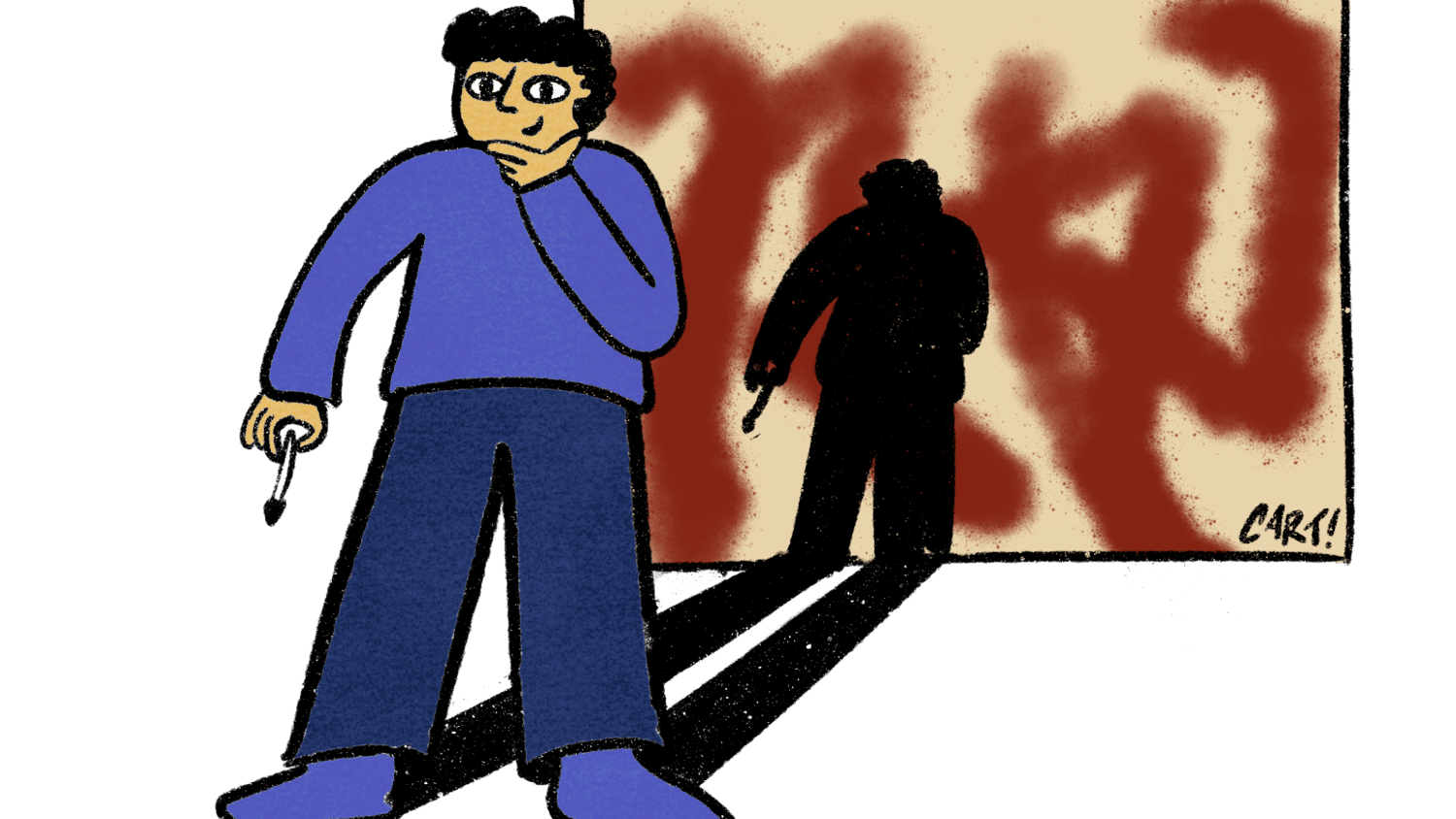With House Bill #135's passage through the state senate looking like a foregone conclusion, it becomes necessary to discuss an often overlooked portion of our criminal justice system.
The very term "sexual offender" carries with it an air of negativity, and rightly so.
Sexual offenses are serious issues, as sexual crimes are of a deeply disturbing personal nature, rupturing ideas of safety that can often never be fully rebuilt.
Sexual offenders certainly deserve to be punished for their actions. This cannot and should not ever change.
However, bills like House Bill #135 blur the lines between appropriate and inappropriate punishments.
The problem with such an approach is that it could be seen as overly punitive, turning sexual offenders into a perhaps well-deserved status as second class citizens.
Some sex offenders have done horrible things, things that some feel may strip those offenders of any sense of humanity they might be entitled to.
More than many other criminal offenders, sex offenders face particularly public punishments.
They have to inform their neighbors and communities of their sex offender status, having to walk from door to door, atoning for their sins.
Many times, sex offenders have great trouble finding housing and work, requiring them to pool together in the places that will allow them berth.
The wide manner of sins covered under the umbrella of "sexual offenses" also causes concerns, as being caught urinating in public is technically classified as a sexual offense.
One bad, drunken decision to drop trou can lead to you getting to know your neighbors in a not-so-good way. A fun weekend out can easily ruin your life.
Sex-based crimes are horrible, but we need to recognize the underlying causes that lead to these crimes.
Some sex offenders are mentally ill, and inflicting harsher punishments on their already unstable minds might not be the best idea.
Treatment of the underlying issues at fault will help to end sex criminals high recidivism rates.
Added punishments don't add up.
Do you like this story? The Plainsman doesn't accept money from tuition or student fees, and we don't charge a subscription fee. But you can donate to support The Plainsman.




